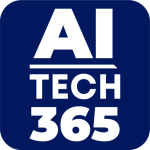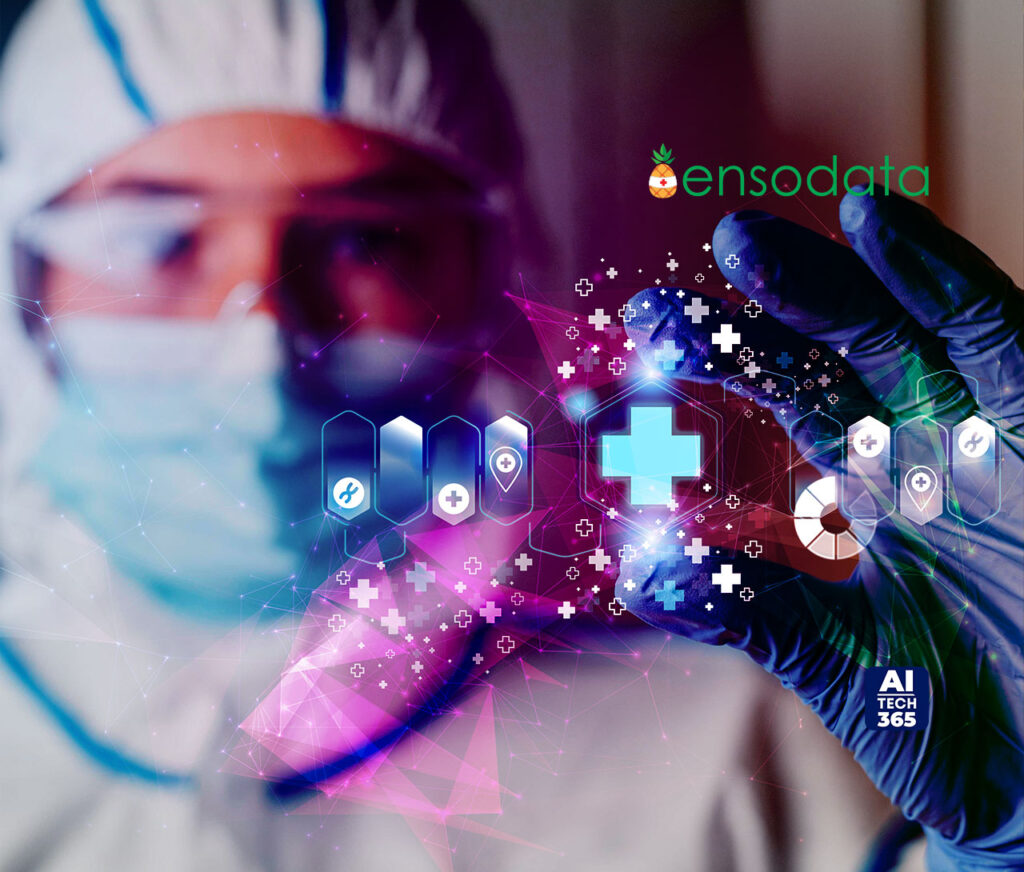EnsoData, a pioneer in healthcare AI, achieved FDA 510(k) clearance for groundbreaking technology that enables AI-powered sleep diagnosis using FDA-cleared pulse oximetry (pulse ox) devices. Powered by EnsoSleep PPG scoring, widely available and wearable pulse ox technology can be deployed for a high quality, accessible, and cost-effective approach to diagnosing sleep disorders, including sleep apnea.
Sleep apnea is a highly prevalent but often undiagnosed condition that exacerbates cardiovascular diseases like high blood pressure and congestive heart failure, neurodegenerative diseases like Alzheimer’s, metabolic disorders including diabetes, stroke, and more. It is estimated that over 29.4 million Americans have sleep apnea, with more than 80% of cases still undiagnosed.
With early and accurate diagnosis of sleep apnea, clinicians can help prevent complications and reduce healthcare expenses, not only saving lives but also having a profound impact on healthcare economics.
EnsoSleep, EnsoData’s previously FDA-cleared diagnostic AI analysis and sleep scoring solution, uses machine learning to analyze data from traditional sleep studies to aid physicians in diagnosing sleep disorders. With this new clearance, EnsoSleep PPG will provide more opportunities for clinicians to effectively reach an undiagnosed patient population by enabling AI-driven analysis using the photoplethysmogram (PPG) signals recorded by pulse oximeters.
“Expanding EnsoData’s capability to collect and analyze PPG signals from simple, wearable pulse ox devices will accelerate the identification, diagnosis and treatment of sleep disordered breathing events, including sleep apnea,” said Justin Mortara, President and CEO of EnsoData. “With this latest FDA clearance, we expect to build upon and diversify our partner ecosystem to reach more patients with our leading AI solutions.”
Also Read: Curia Appoints Steve Lavezoli as Vice President, Biologics
Compared to earlier generations of sleep diagnostic equipment, pulse ox devices are smaller and less expensive. They can be as simple to wear as a ring or watch and record physiological data related to sleep and breathing, such as a patient’s oxygen saturation levels and heart rate.
Using this data, EnsoSleep PPG’s deep learning models automatically detect respiratory events, including sleep disordered breathing events such as apneas or hypopneas, sleep stages including REM, deep sleep, light sleep, wake, and other sleep measures, which may be displayed and edited by a qualified healthcare professional and then exported into a final sleep report for a patient.
By lowering the barrier for patients to receive an accurate sleep test to more widely available pulse ox devices, clinicians can expedite the diagnostic process and provide patients with answers to their health problems more quickly.
“Our interoperable AI tools are democratizing the ability to accurately measure sleep and aid in diagnosis of sleep disorders broadly – for the existing category of FDA-cleared pulse oximetry devices and sensors that are already widely deployed, in-use clinically, and growing in their adoption daily. With PPGs among the most commonplace of medical waveforms collected across healthcare settings, from diagnostic tests to bedside monitors and consumer wearables, this will be transformative for patient access and outcomes to achieve better sleep and overall health,” said Chris Fernandez, Co-founder and CRO of EnsoData. “This FDA clearance marks a pivotal moment in sleep diagnostics, and also long-term therapy monitoring and management, where enhanced accessibility and affordability can create a new normal in sleep care.”
SOURCE: PRNewswire

